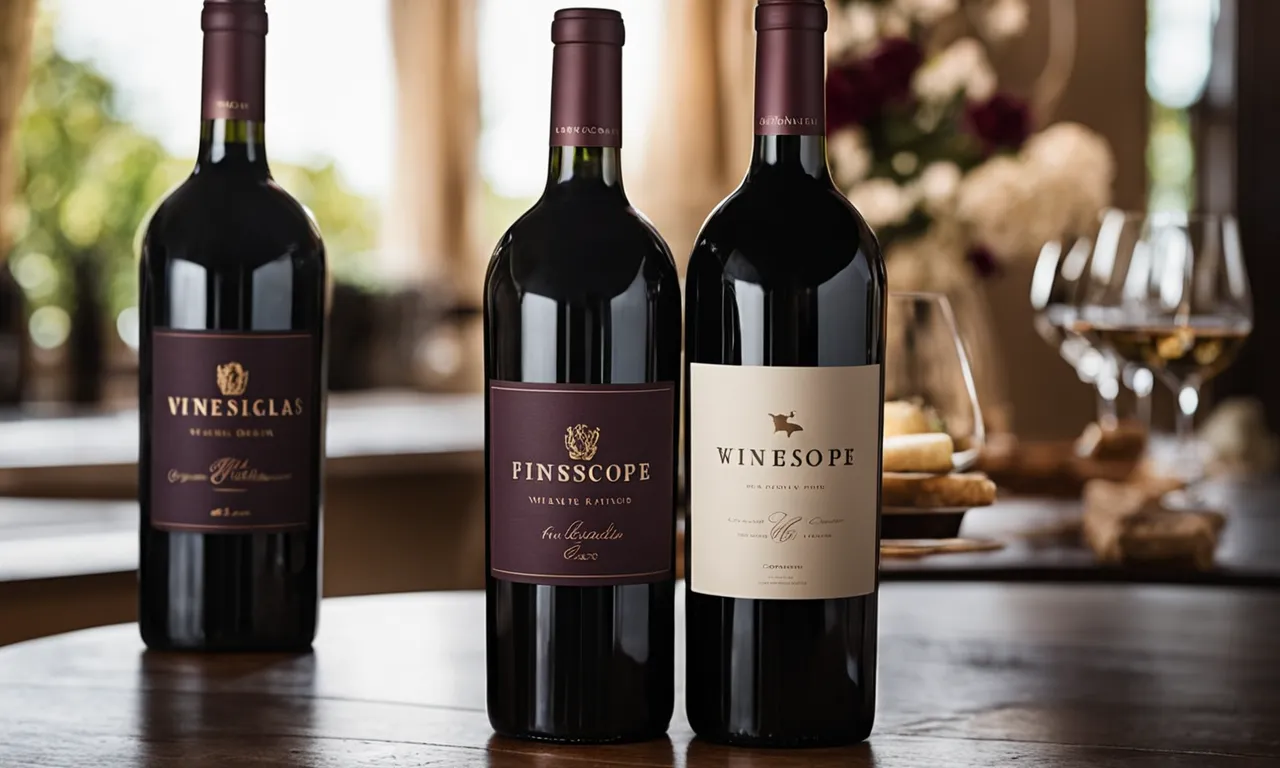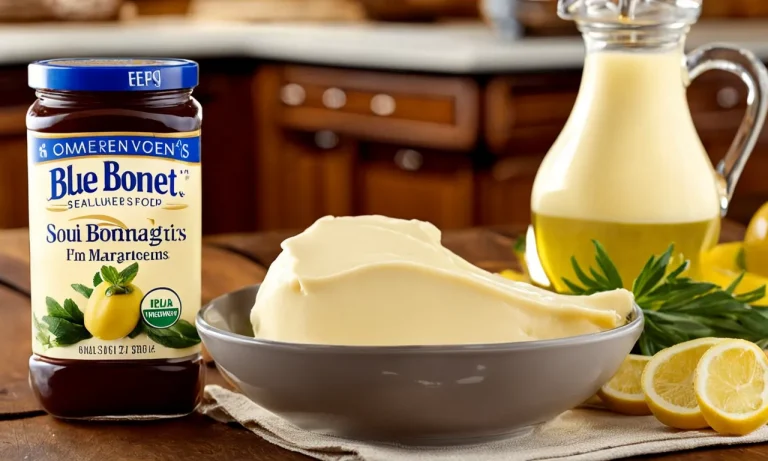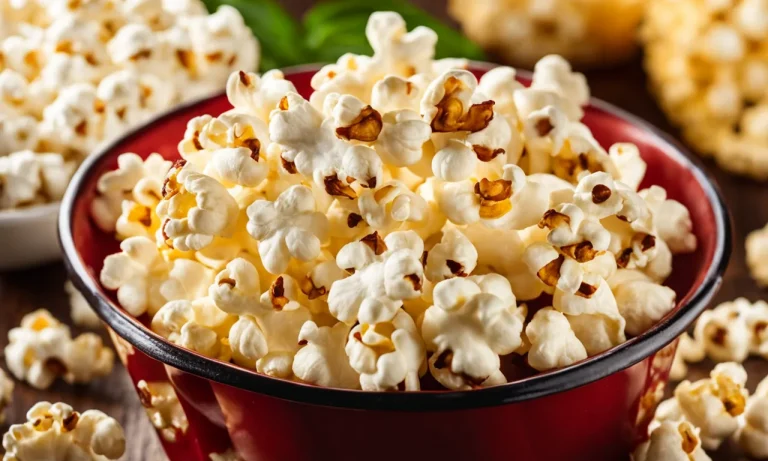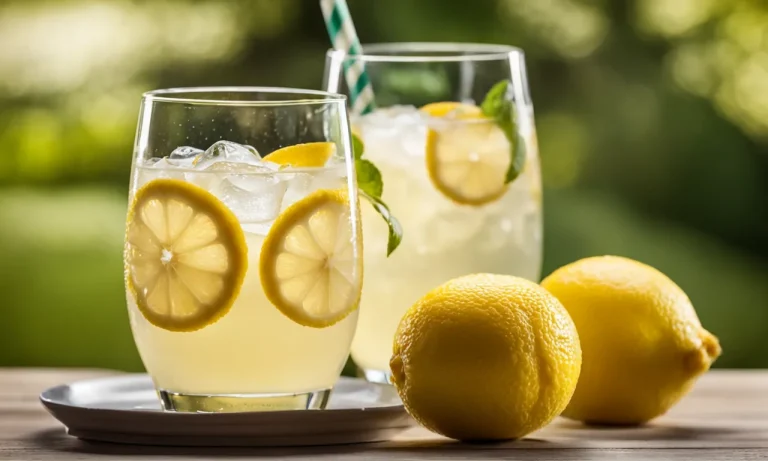Why Wine Isn’T Always Vegan
As a beloved beverage around the world, wine seems like it should be vegan-friendly. But modern winemaking techniques mean many wines are processed using animal products, meaning they cannot be consumed by ethical vegans.
The primary non-vegan ingredient in wine is isinglass, a fish byproduct used for fining and clarification.
In this comprehensive guide, we’ll cover what makes some wines not vegan-friendly, from gross but common fining agents to undisclosed processing methods. We’ll also share tips for choosing vegan wine, from trusted labels and certifications to winemaking methods that avoid animal-derived products altogether.
Whether you’re stocking up for Veganuary or just want to pick an ethical vino, read on to learn all about the surprisingly non-vegan world of winemaking.
Popular Fining Agents Render Much Wine Non-Vegan
Many wine enthusiasts may be surprised to learn that not all wines are vegan-friendly. This is because popular fining agents are often used during the wine-making process to clarify and stabilize the wine.
These fining agents, although effective in achieving desired results, can be derived from animal sources, making the wine non-vegan.
Isinglass from Fish Bladders is a Common Fining Agent
One commonly used fining agent in winemaking is isinglass, which is derived from fish bladders. Isinglass is a collagen-based substance that is added to the wine to remove impurities and improve clarity.
However, this practice raises concerns for vegans and those who follow a plant-based lifestyle, as the use of animal-derived products goes against their ethical beliefs.
According to a study conducted by the Vegan Society, approximately 80% of wines are clarified using animal products, with isinglass being one of the most commonly used fining agents. This statistic highlights the prevalence of non-vegan wines in the market and the importance of being aware of the ingredients used in winemaking.
Milk and Egg Products Also Get Used for Fining
In addition to isinglass, milk and egg products are also commonly used as fining agents in winemaking. Casein, a protein derived from milk, is sometimes used to clarify white wines, while egg whites are used to remove bitterness and astringency from red wines.
These animal-derived fining agents may not be apparent in the final product, as they precipitate out during the clarification process. However, their use still makes the wine non-vegan, as traces of animal products remain in the wine even after filtration.
Vegetable-Based Alternatives Exist
Fortunately, there are alternatives available for those seeking vegan-friendly wines. Winemakers are increasingly turning to vegetable-based fining agents such as activated charcoal, bentonite clay, and pea protein.
These alternatives offer effective clarification and stabilization while aligning with vegan principles.
It is worth noting that not all winemakers disclose the fining agents used in their wines on the label. Therefore, it may be necessary for consumers to research or contact the winery directly to determine if a wine is vegan-friendly.
Websites such as Barnivore provide a comprehensive database of vegan wines and can be a valuable resource for those seeking cruelty-free options.
As the demand for vegan products continues to rise, it is encouraging to see winemakers adapting to meet the needs of this growing market. By choosing vegan-friendly wines, consumers can enjoy their favorite beverage while staying true to their ethical values.
Other Animal-Derived Products Used in Wine Processing
While wine is often associated with elegance and sophistication, it may come as a surprise to many that it is not always vegan. Wine production involves a variety of processes, some of which utilize animal-derived products.
Here are some examples of how animals can be indirectly involved in the making of wine.
Bone Char Filters Used in Some White Wines
One animal-derived product that is used in the production of certain white wines is bone char. Bone char is a form of activated carbon made from animal bones, typically sourced from cows. It is used as a filtering agent to remove impurities and improve the clarity of the wine.
While most winemakers nowadays use alternative filtering methods, it is still worth noting that some white wines may be processed using bone char filters.
Certain Yeasts May Be Fed with Animal Bones
In the fermentation process, yeasts play a crucial role in converting grape sugars into alcohol. While most yeasts used in winemaking are commercially produced and vegetarian-friendly, some winemakers still use traditional methods that involve feeding the yeasts with nutrients.
In some cases, these nutrients may include animal bones or bone meal. However, it is important to note that the majority of winemakers have shifted towards using plant-based nutrients to cater to the growing demand for vegan wines.
Some Wines Mature in Animal-Based ‘Finings’
During the aging process, winemakers often use finings to clarify the wine and remove any remaining sediment. Traditionally, animal-based finings such as gelatin, egg whites, and fish bladder-derived isinglass have been used.
These substances help to bind with and remove unwanted particles, leaving the wine clear and stable. However, there has been a rise in winemakers using vegan-friendly alternatives such as bentonite clay, pea protein, or activated charcoal to achieve the same results.
It’s important to note that not all wines use these animal-derived products, and there are plenty of vegan-friendly options available. If you are looking for vegan wines, there are certifications like the Vegan Society’s logo that can help you identify wines that have been produced without the use of animal products.
Additionally, many winemakers now include information on their websites or labels, specifying whether their wines are suitable for vegans.
Source: www.barnivore.com
How to Choose Vegan-Friendly Wine
Look for ‘Vegan’ Labeling and Certification Symbols
When searching for vegan-friendly wines, it’s important to look for wines that are specifically labeled as “vegan.” This labeling indicates that no animal-derived products were used in the winemaking process.
Some wineries also include certification symbols on their bottles to guarantee that their wines are vegan. These symbols can vary, but some common ones include the “Certified Vegan” logo, the “Vegan Society” logo, or the “Vegan Action” logo.
By choosing wines with these labels and symbols, you can ensure that no animal products were used in the production of the wine.
Research Brand Values and Winemaking Methods
Another way to choose vegan-friendly wine is to research the brand values and winemaking methods of different wineries. Many wineries now prioritize sustainability and animal welfare, and they are proud to produce vegan wines.
By visiting wineries’ websites or contacting them directly, you can find information about their winemaking practices. Look for wineries that use alternative fining agents, such as bentonite clay or activated charcoal, instead of animal-derived products like gelatin or isinglass.
Additionally, some wineries use organic or biodynamic farming methods, which are more likely to align with vegan values.
One website that can help you in your research is Barnivore.com. Barnivore is a comprehensive online database that lists vegan-friendly alcoholic beverages, including wines. It provides users with information about specific brands and their vegan status, making it easier to choose wines that align with your values.
Avoid Milk and Egg Descriptors like ‘Creamy’
When reading wine descriptions or labels, be cautious of milk and egg descriptors like “creamy.” These terms suggest that dairy or egg products might have been used in the winemaking process. Instead, look for terms like “crisp,” “fruity,” or “herbaceous,” which are less likely to indicate the use of animal-derived fining agents.
It’s also worth noting that not all wines that are not labeled as vegan are automatically non-vegan. Some wineries may choose not to go through the certification process but still produce wines without animal products.
However, if you want to be certain, it’s best to choose wines with clear vegan labeling or certification.
Remember, choosing vegan-friendly wine is not only about enjoying a delicious beverage, but also about supporting ethical and sustainable practices. By being mindful of the labeling, conducting research, and avoiding certain descriptors, you can confidently select wines that align with your vegan lifestyle.
Wine Types More Likely to be Vegan-Friendly
When it comes to wine, not all varieties are suitable for vegans. Many people are surprised to learn that some wines contain animal products in their production process. However, there are certain wine types that are more likely to be vegan-friendly, offering alternatives for those who follow a vegan lifestyle.
Organic Wine is Less Likely to Use Animal Products
One type of wine that is more likely to be vegan-friendly is organic wine. Organic winemakers follow strict guidelines to ensure that their wines are made without the use of synthetic pesticides, herbicides, or fertilizers.
Additionally, they avoid using animal-based fining agents, such as gelatin or egg whites, which can be commonly found in non-organic wines. By choosing organic wine, consumers can enjoy a delicious glass of wine while supporting sustainable and animal-friendly practices.
Natural Wine Explores Alternative Processes
Another wine type that caters to the vegan community is natural wine. Natural winemakers take a minimalist approach to winemaking, using minimal intervention and additives. They often opt for alternative processes, such as wild fermentation and minimal filtration.
These practices eliminate the need for fining agents derived from animal products, making natural wine a great choice for vegans. Furthermore, natural wine enthusiasts appreciate the unique flavors and characteristics that result from these alternative winemaking methods.
Certain Regions Have More Vegan Options
While vegan-friendly wines can be found worldwide, some regions are known for offering a wider range of options. For example, California’s wine regions, such as Napa Valley and Sonoma County, have a reputation for producing vegan-friendly wines.
The emphasis on sustainable and organic practices in these regions aligns well with vegan ideals. Additionally, regions like South Australia and Marlborough in New Zealand have also made strides in producing vegan-friendly wines, thanks to their commitment to environmental stewardship and innovation.
Conclusion
While wine seems innocuous enough, its production often involves animal derivatives like isinglass and egg whites for fining and clarification. By researching winemaking practices, regions and trusting vegan labels, you can still enjoy ethical vino.
Drink consciously and keep in mind that being vegan goes beyond just the bottle – it’s a full lifestyle.







